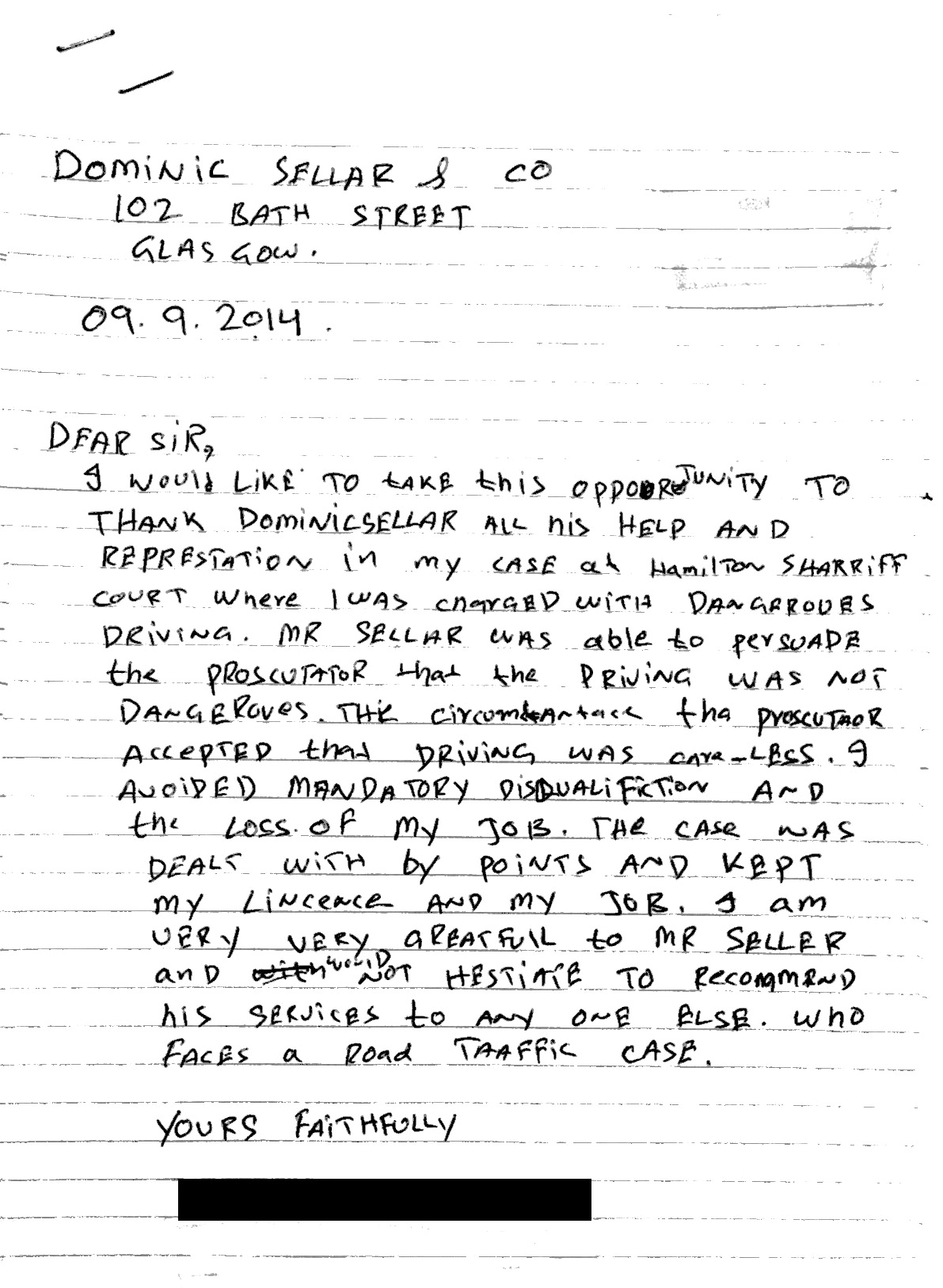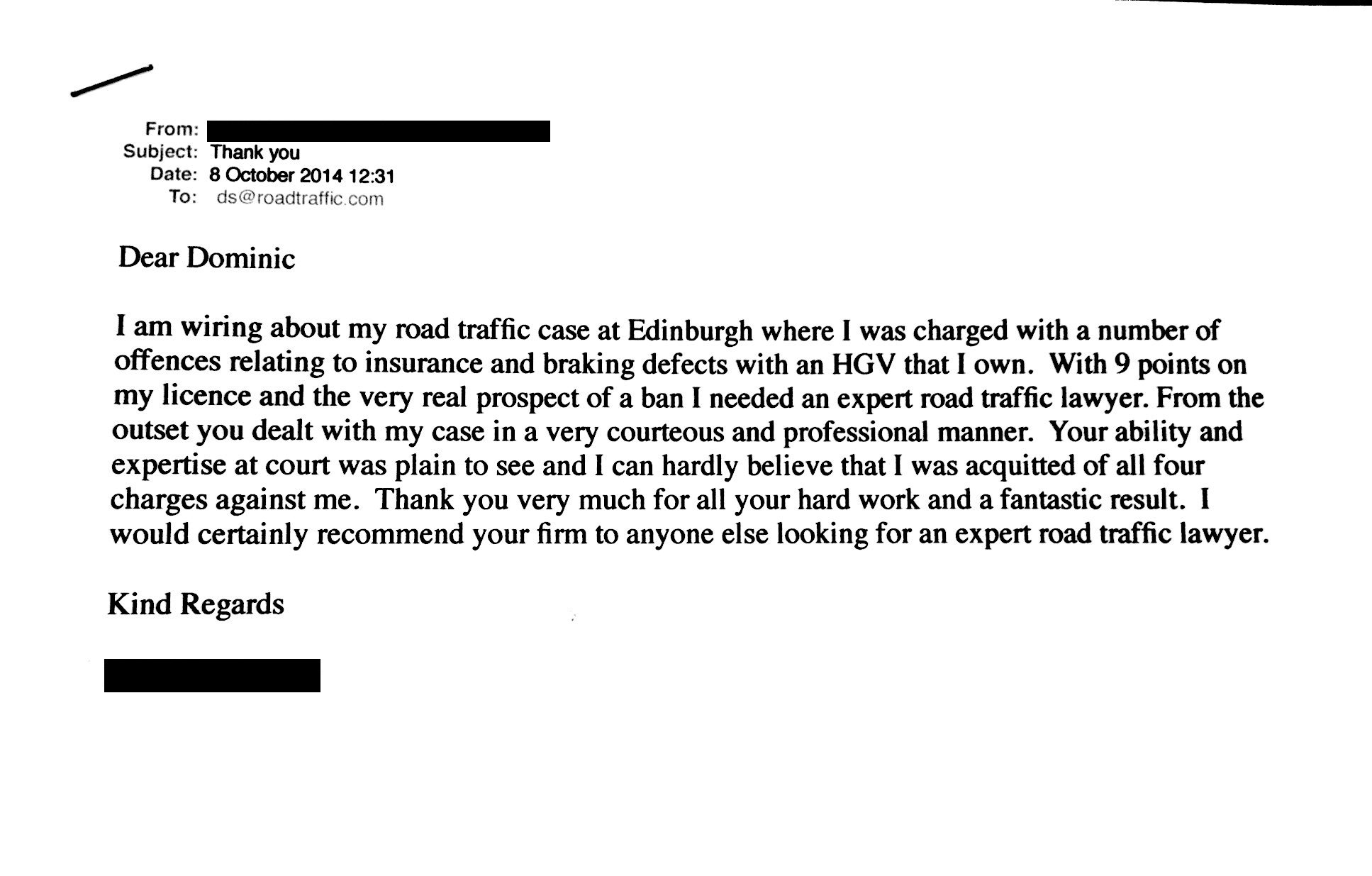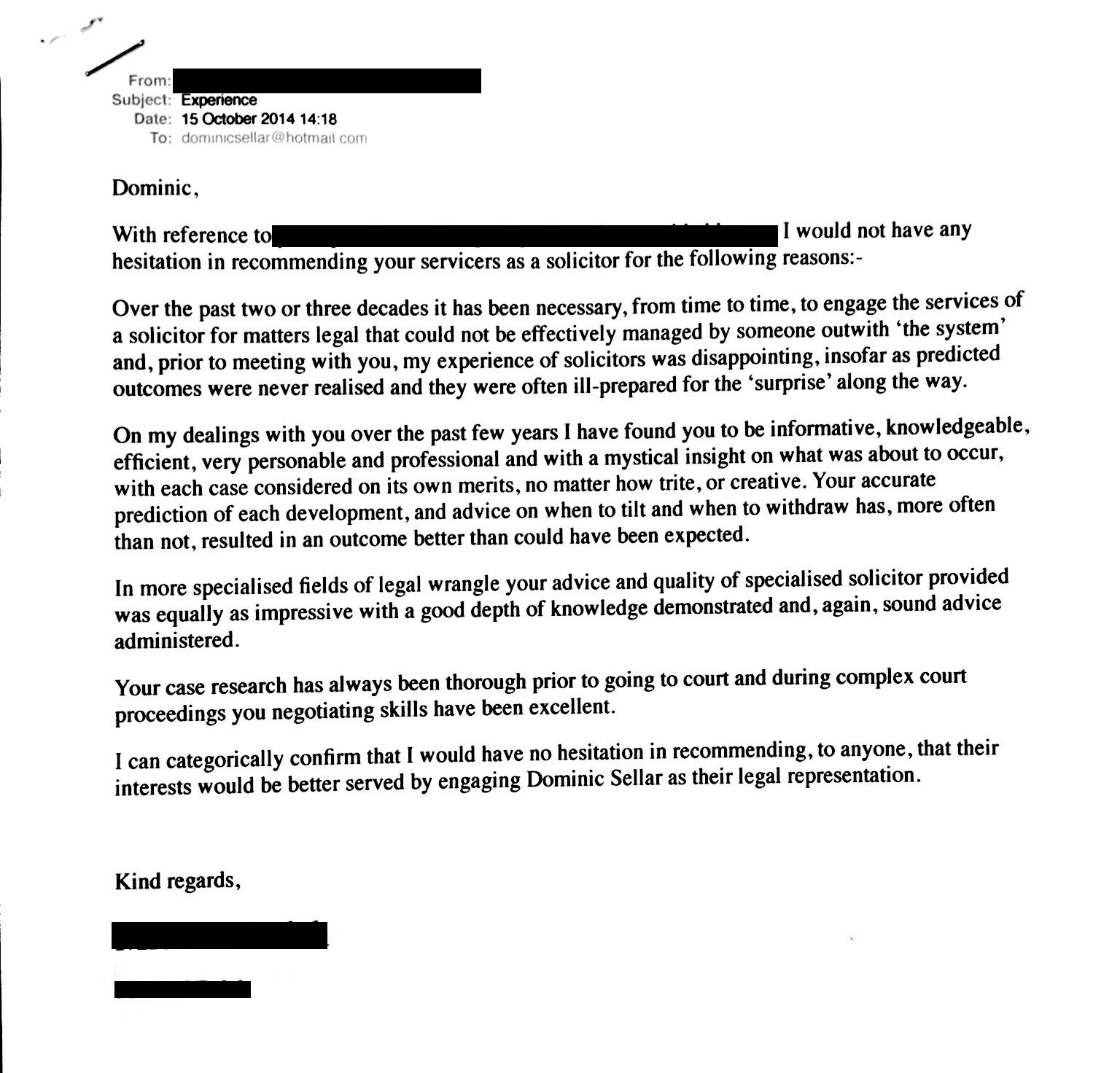Section 5(1)(b), Road Traffic Act 1988
It is an offence to be “in charge” of a motor vehicle while over the legal alcohol limit. For a conviction under this section it is not necessary for the prosecution to prove that you were driving or attempting to drive. Rather, this offence can be committed where the vehicle is stationary and in circumstances where there is no immediate intention to drive. The offence usually arises when the police find someone sitting or sleeping within a parked vehicle after having consumed alcohol.
It is also an offence to be in charge of a motor vehicle while under the influence of drugs. The penalties are similar for both.
Penalties
The penalties for being drunk in charge of a motor vehicle are slightly different to those of drink driving in that disqualification is not mandatory. They include:
- A fine;
- and Discretionary disqualification or
- 10 penalty points in exceptional cases
Defining Drunk in Charge
The words “in charge” are not legally defined so each case will depend on its own unique set of facts and circumstances. Generally speaking, however, a person is “in charge” if they have some degree of control over the motor vehicle. In assessing whether you are in control of the vehicle and if that amounts to being in charge the courts will consider all the circumstances including:
- Were you inside or outside the motor vehicle?
- If you were inside the vehicle, where were you sitting?
- What were you doing?
- Where were the keys to the vehicle?
- Any other evidence or circumstances which might show an intention to take control or drive the vehicle
Legal Limits for Alcohol
The offence is committed if a driver is “over the limit”. In order to obtain a conviction for Drunk in Charge, the prosecution must, therefore, prove that the prescribed limit has been exceeded. The amount of alcohol can be measured in breath, blood or urine. The prescribed limits are as follows:
- 35 microgrammes of alcohol in 100 ml of breath
- 80 milligrammes of alcohol in 100ml of blood
- 107 milligrammes of alcohol in 100ml of urine
Prosecuting Drunk in Charge Cases
To secure a conviction for being Drunk in Charge of a motor vehicle the prosecution must prove that:
- You were in charge of the vehicle at the relevant time; and
- You were over the legal limit for alcohol in either breath, blood or urine; and
- Your vehicle was on a road or public place or a place to which the public have access, such as a car park or camp site.
The prosecution do not have to prove that you had been driving or were attempting to drive. Nor does the prosecution have to prove that you were going to drive.
Defences
The most common defence to someone charged with being Drunk in Charge is that there was no intention or likelihood of driving whist under the influence of alcohol. Accordingly, it will be necessary to demonstrate that the offender would not have driven the vehicle at any time while the alcohol in their system remained above the legal limit.
The onus is on the defence to prove, on the balance of probabilities, that there was no likelihood of driving while the proportion of alcohol exceeded the prescribed legal limit. More often than not it will be necessary to obtain expert evidence, in the form of a toxicology report, to show when the level of alcohol would have fallen below the legal limit.
Another potential defence, which is quite common, is that the offence occurred on private property and not on a road or other public place. Such a defence may be available if someone is sleeping off the effects of alcohol in a car which is parked on a private road or driveway to which the public do not have access. Generally, a public place is any area to which the public have access without having to overcome physical obstacles such as gates or ignoring notices prohibiting entry.

How we can help
The law relating to drink related driving offences is technical and complex. Our experience with Drunk in Charge cases is that a large proportion can be successfully defended. Our expertise in this area will quickly determine the merits of the case and identify not just the the best option, but the right option for you. We can properly prepare your case, ensure supporting evidence is placed before the court and make forceful and effective representations. Providing the right advice saves time and expense. If you do not have a defence or the prospects of success are low we will tell you so and concentrate on reducing the penalties. We pride ourselves in offering a service that is friendly, honest and reliable. For free advice that is without pressure or obligation simply contact us:
Call Now or Request a Callback
Independent Reviews
Go online or have a look at the reviews below to see why we’re the right solicitors for you.
Trustpilot
Google
Facebook
Client Letters
-
I honestly couldn’t praise Dominic enough!!
I honestly couldn’t praise Dominic and this fantastic company enough. I had direct communication from Dominic after I was recommended to acquire their services. Dominic was first class from the off, kept me updated through out and was an absolute gentleman. So my advice would be if you require any assistance in terms road traffic […]
-
Excellent lawyers firm.
I had a drink driving charge and speeding charge. I found Dominic Sellar & Co online. Dominic discussed my case with no obligation telephone consultation and advised me of what lay ahead. I decided to use his support & services.Dominic was not able to attend court on the day of my case but his partner […]
-
Dominic Sellar & Co
Dominic Sellar & Co. left a lasting impression with their remarkable and thorough approach. Their meticulous attention to detail and commitment to excellence were evident throughout the entire process. The professionalism and expertise demonstrated by the team were truly commendable, making the experience both impressive and reassuring.
-
Speeding Driving Charge – 1st Class Service
Recently hired Dominic for a speeding charge I received. My experience was first class from start to finish upfront cost no hidden charges and communication from Dominic at all times was amazing only a phonecall away.
-
Multiple Charges
I was facing multiple charges and Dominic sorted Everything out. I’m absolutely delighted by the outcome. And would recommend him to anyone needing a traffic lawyer.
-
Honest and trustworthy service
facing a very difficult situation of a lengthy ban Dominic managed to fight my corner which resulted in a more manageable short term ban. What I liked about Dominic was that he was very straight talking and was very honest. Wouldn’t hesitate to recommend him.
-
Dominic was great from the start
Dominic was great from the start, advice and possible outcomes. Handled my case with minimum fuss. The outcome was better than I could have hoped for. Hopefully I will not need you again, but should I face the same predicament I wouldn’t go anywhere else. Highly recommend. Thank you again.
-

Mr SF, Glasgow
“I would like to take this opportunity to thank Dominic Sellar for all his help and representation in my case at Hamilton Sheriff Court where I was charged with Dangerous Driving. Mr Sellar was able to persuade the prosecutor that the driving was not dangerous…the Prosecutor accepted that the driving was careless. I avoided a […]
-

Mr K, Manchester. Construction & Use Case
“I am writing about my road traffic case at Edinburgh, where I was charged with a number of offences relating to insurance and braking defects with an HGV that I own. With 9 points on my licence and the very real prospect of a ban I needed an expert road traffic lawyer. From the outset […]
-

Mr BM, Aberdeen
“…I would not have any hesitation in recommending your services as a solicitor…I have found you to be informative, knowledgeable, efficient, very personable and professional and with a mystical insight on what was about to occur, with each case considered on its own merits, no matter how trite, or creative. Your accurate prediction of each […]
